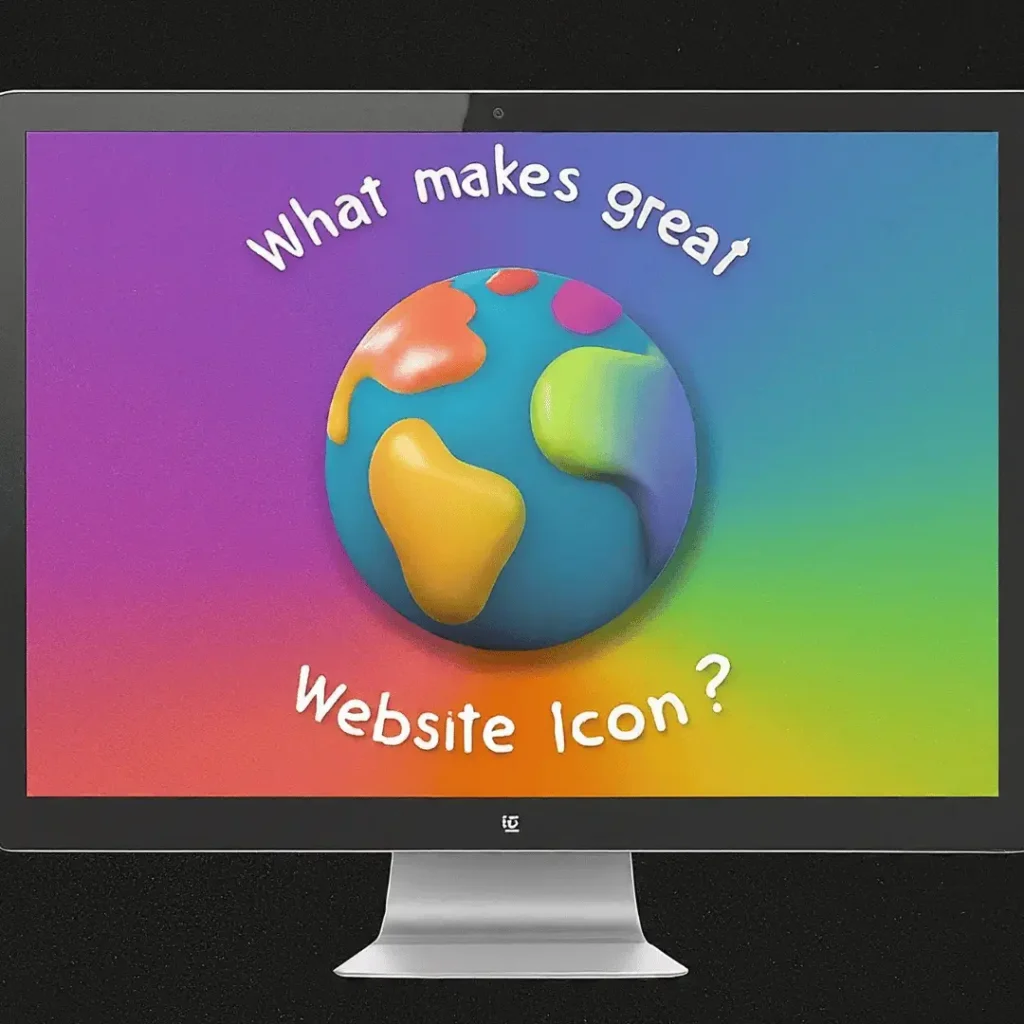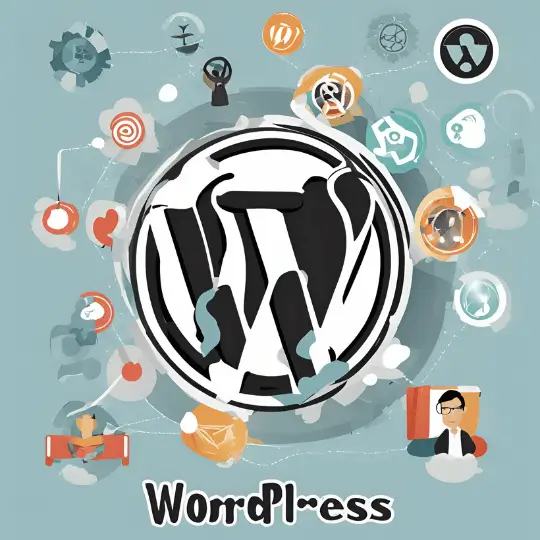Introduction to Custom Website Design
Custom website design is a personalized approach to developing a website that is tailored to an individual’s or organization’s specific wants and goals. Unlike template-based or pre-built website solutions, which provide a one-size-fits-all framework, custom website design begins from scratch. This technique provides for greater flexibility and creativity, ensuring that the finished product is precisely aligned with the brand’s identity and goals.
In today’s digital age, having a unique online presence has become paramount. With millions of websites vying for attention, standing out from the crowd is essential to capture and retain the interest of potential clients and customers. A custom website design can provide this differentiation, offering a visually appealing, user-friendly, and functional platform that reflects the unique characteristics of a brand.
The trend towards custom website design is growing as businesses recognize its value in achieving a competitive edge. Unlike generic templates, custom websites are built with specific functionalities, user experience considerations, and aesthetic preferences in mind. This bespoke approach not only enhances the user experience but also contributes to higher engagement rates and better overall site performance.
In summary, custom website design is a strategic investment for businesses looking to establish a strong and distinctive online presence. By opting for a custom website, businesses can ensure their digital platform is not only visually compelling but also tailored to meet their unique needs and objectives.
Enhanced User Experience
Custom website design significantly improves user experience by tailoring the digital environment to the specific needs and preferences of the target audience. Unlike generic templates, a custom design allows for the creation of unique, user-centric interfaces that resonate more effectively with users, thereby enhancing their overall satisfaction.
One of the primary elements of an enhanced user experience is intuitive navigation. Custom website design ensures that visitors can easily find the information they seek without unnecessary clicks or confusion. This streamlined navigation is crucial for keeping users engaged and reducing bounce rates.
Moreover, user-friendly interfaces play a pivotal role in making websites more accessible and enjoyable. By considering the habits and expectations of the target audience, designers can create interfaces that are not only visually appealing but also functional and easy to interact with. This includes the thoughtful placement of buttons, menus, and other interactive elements that guide users smoothly through the site.
Responsive design is another vital component of custom website design. With an increasing number of users accessing websites via mobile devices, it is imperative that websites are optimized for various screen sizes and resolutions. A custom design ensures a seamless experience across all devices, be it a smartphone, tablet, or desktop computer.
Additionally, faster load times are a critical factor in user experience. Custom websites can be optimized to reduce unnecessary code and improve server response times, resulting in quicker page loads. This not only enhances user satisfaction but also positively impacts search engine rankings.
Mobile optimization is another advantage of custom website design. A well-optimized mobile site ensures that users on the go have a smooth and efficient browsing experience, which can significantly increase engagement and conversion rates.
Finally, accessibility features cannot be overlooked. Custom website design allows for the incorporation of elements that make the site usable for individuals with disabilities, thus broadening the audience and ensuring compliance with accessibility standards.
Brand Identity and Differentiation
A custom website design is instrumental in establishing and reinforcing a brand’s identity, setting the foundation for how a business is perceived online. By incorporating unique branding elements such as logos, color schemes, typography, and imagery, a custom website can effectively communicate a brand’s voice and message. These elements work in harmony to create a cohesive and recognizable online presence that resonates with the audience.
The ability to tailor every aspect of a website to reflect the brand’s ethos is what makes custom design so powerful. For instance, a distinctive logo placed strategically across the website can enhance brand recall. Complementary color schemes not only make the site visually appealing but also evoke specific emotions and associations linked to the brand. Typography choices, from font style to size, contribute to the overall user experience and can be used to emphasize key messages and values. Imagery, whether it’s high-quality photographs, illustrations, or graphics, further enriches the narrative and visual storytelling.
A custom website design also enables businesses to set themselves apart from competitors. In a digital landscape cluttered with generic and template-based websites, a unique design can make a significant impact. When visitors land on a well-designed, distinctive site, they are more likely to remember it and associate it with quality and professionalism. This memorability is crucial in building brand loyalty, as customers tend to return to brands that provide a consistent and engaging experience.
Moreover, a custom website can be tailored to meet the specific needs and preferences of the target audience, offering a more personalized experience. This personalization not only enhances user satisfaction but also fosters a deeper connection between the brand and its customers. By reflecting the brand’s unique identity and values, a custom website becomes a powerful tool in differentiating the business and driving long-term success.
Scalability and Flexibility
One of the paramount advantages of opting for a custom website design is its inherent scalability and flexibility. Unlike template-based solutions, custom websites are crafted with the future in mind, enabling businesses to seamlessly evolve their digital presence as they grow. This adaptability is crucial in today’s fast-paced market where trends and technologies are continually advancing.
A custom website can be easily updated and expanded to accommodate new products, services, or even entirely new business models. If your business decides to introduce an e-commerce platform, integrate a customer relationship management (CRM) system, or add a blog for content marketing purposes, a custom design allows these modifications to be implemented without compromising the performance or aesthetic appeal of the site.
Moreover, the integration of new features and functionalities is often necessary to stay competitive. Custom websites enable the seamless addition of advanced functionalities, such as interactive elements, personalized user experiences, and sophisticated data analytics tools. For example, an online retailer might need to incorporate a recommendation engine that suggests products based on user behavior. In a custom website, this can be done efficiently and effectively, ensuring that the user experience remains smooth and engaging.
Third-party tools and APIs are also essential for modern businesses, and custom website design facilitates their integration. Whether it’s incorporating payment gateways, social media feeds, or marketing automation tools, a custom website can handle these integrations with ease. This is particularly important for maintaining a cohesive and efficient workflow, as well as providing a seamless experience for end-users.
The ability to adapt to changing business needs and market conditions is a significant benefit of custom website design. As your business evolves, so too should your website. A flexible and scalable website ensures that you can respond swiftly to new opportunities and challenges, keeping your online presence relevant and effective. This long-term adaptability is a key factor in sustaining growth and maintaining a competitive edge in the digital landscape.


